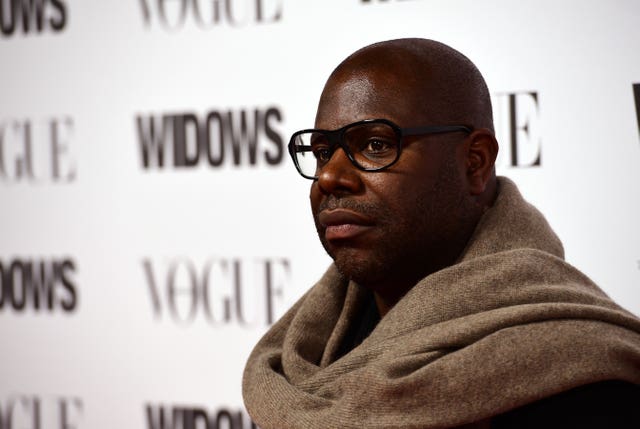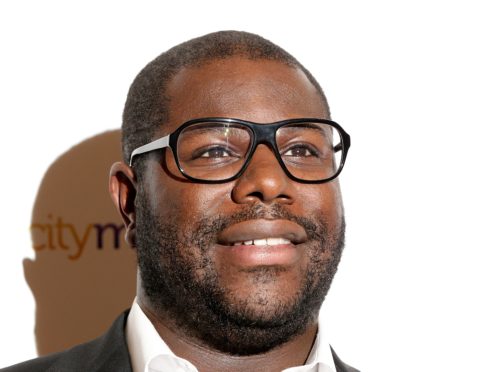Steve McQueen has said there is a “gap” in the history of black people on film.
The director told Esquire UK that generations of workers did not enter the industry because of a lack of opportunities.
He has created a collection of films titled Small Axe for the BBC which focus on London’s West Indian community between the late 60s and early 80s.

McQueen told the magazine: “There’s a generation, maybe even two generations of actors, directors, producers, executive producers, editors, cinematographers et cetera, that never materialised because of the environment.
“We’re talking about two generations of talent that never got an opportunity.
“The possibility was not there. The landscape was not welcoming or embracing those stories. Didn’t want to know.
“There’s a gap in our history, of representation of black people on film.”

The 12 Years A Slave director added that he feels optimistic the situation is improving.
“I feel hope because young people now are willing to speak out,” he said.
He also labelled the period covered by the Small Axe films as a “golden age of resistance”.
“People now understand that we do not have the best police force in the world,” he said.
“It took a while, a number of deaths, sacrifices, people dying, thinking we would never get to this place, but we’re here.”

The stories “are as relevant now as they were then”, McQueen said.
“It’s only now that people are waking up to the fact that there’s been injustices against black people for decades in this country, and centuries elsewhere,” he added.
The Small Axe series will begin on the BBC in November.
It features Black Panther star Letitia Wright and Star Wars actor John Boyega.
Read the full interview in Esquire UK, on sale now.
